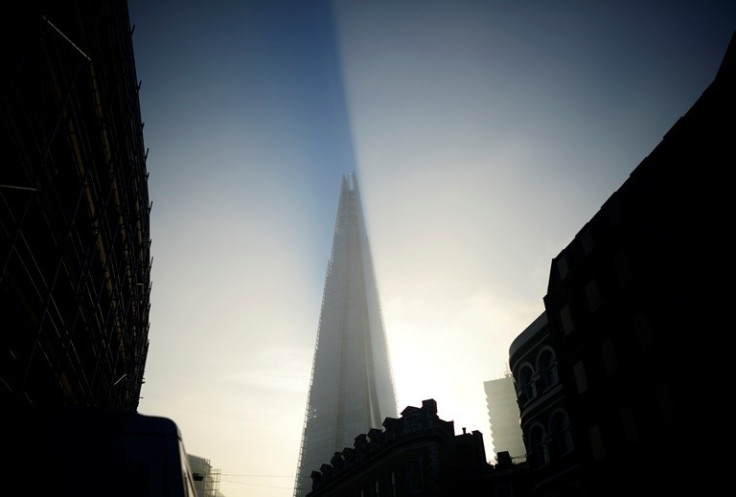How London Became a 'Mecca' for Islamic Finance

1,800 delegates will gather at London's Excel Centre this week (29-31 October) at the 9<sup>th World Islamic Economic Forum, cementing the capital's reputation as "one of the leading financial and cultural centres of the world and the business gateway between the Muslim and non-Muslim world".
Among 15 leaders scheduled to attend the forum are the Sultan of Brunei, President Hamid Karzai of Afghanistan, King Abdullah II of Jordan and Prime Minister Nawaz Sharif of Pakistan.
Speaking ahead of the event PM David Cameron said: "With some of the world's fastest growing markets in Muslim majority countries, demand for Islamic finance is growing and this presents major opportunities for the UK. I am determined that we do everything we can to make Britain the best place to start, grow and do business and this demonstrates that we are a global partner of choice for Islamic finance with the expertise, innovation and services that are fundamental to the industry's growth."
Long renowned as one of the world's leading financial centres, London is increasingly recognised as a city where Muslim businesses thrive and Islamic banking traditions are honoured. Money from Muslim countries is helping redefine the city's skyline, with contributions to buildings including the Shard.
One third of all firms in the capital are believed to be Muslim-owned and there are 50 sukuk (Islamic bond) listings on the London Stock Exchange. A sukuk resembles a Western financial bond but complies with Sharia law, under which receiving interest and trading in debt is prohibited.
According to research conducted by the Muslim Council of Britain (MCB) ahead of the conference, British Muslims contribute at least £30bn to the economy and the country's 2.8 million Muslims include 10,000 millionaires.
The theme of the event will be building bridges between the Islamic and non-Islamic world. Chairman of the WIEF Foundation Tun Musa Hitam said: "We staunchly believe that when people get together for business, they forget their political, religious and ideological differences because there is one compelling commonality that matters most before them - and that is the impetus to be peaceful and prosperous. This is what matters most."
© Copyright IBTimes 2024. All rights reserved.







